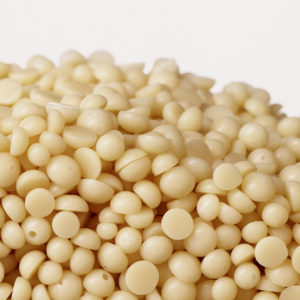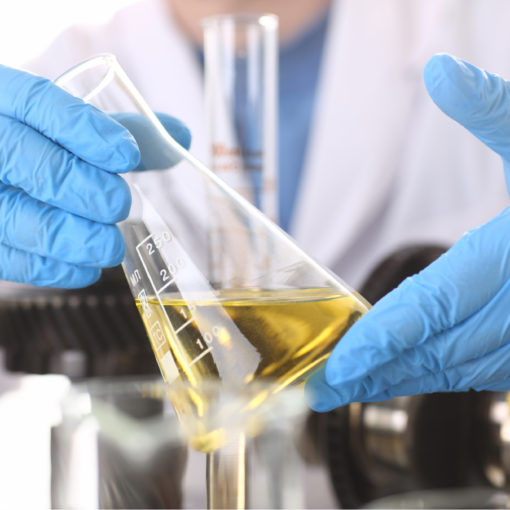Reducing Carbon Footprint With Vegan Raw Materials

Specialty chemicals company LANXESS has added a vegan (plant-based) raw material variant to its Aktiplast PP product range, according to a company press release. These processing promoters for polymer blends are used in the production of tires and technical rubber articles. Aktiplast PP-veg, which is based on renewable raw materials, was developed specifically in response to a customer requirement from Asia. In this way, the LANXESS Rhein Chemie business unit aims to enable rubber processors to reduce their CO2 footprint. An international tire manufacturer from Europe has already expressed interest.
Unlike the conventional product, Aktiplast PP-veg is manufactured only from vegetable oils. The proportion of renewable raw materials in Aktiplast PP-veg is around 90 percent, so that its CO2 footprint is significantly reduced, according to the release. The starting point are raw materials made from the fruits of oil palms. They are ecologically more sustainable than coconut palms, rapeseed or sunflowers, as they provide by far the highest oil yield per hectare of farmland area.
Easier processing due to reduced viscosity
The processing promoter is particularly suitable for polymer blends based on natural rubber, according to Lanxess. It reduces the viscosity of rubber compounds and significantly improves injection and extrusion behavior, also in combination with functionalized polymers. Depending on the compound composition, the product may improve scorch behavior, promotes vulcanization, and ensures demolding without contamination of the mold.



